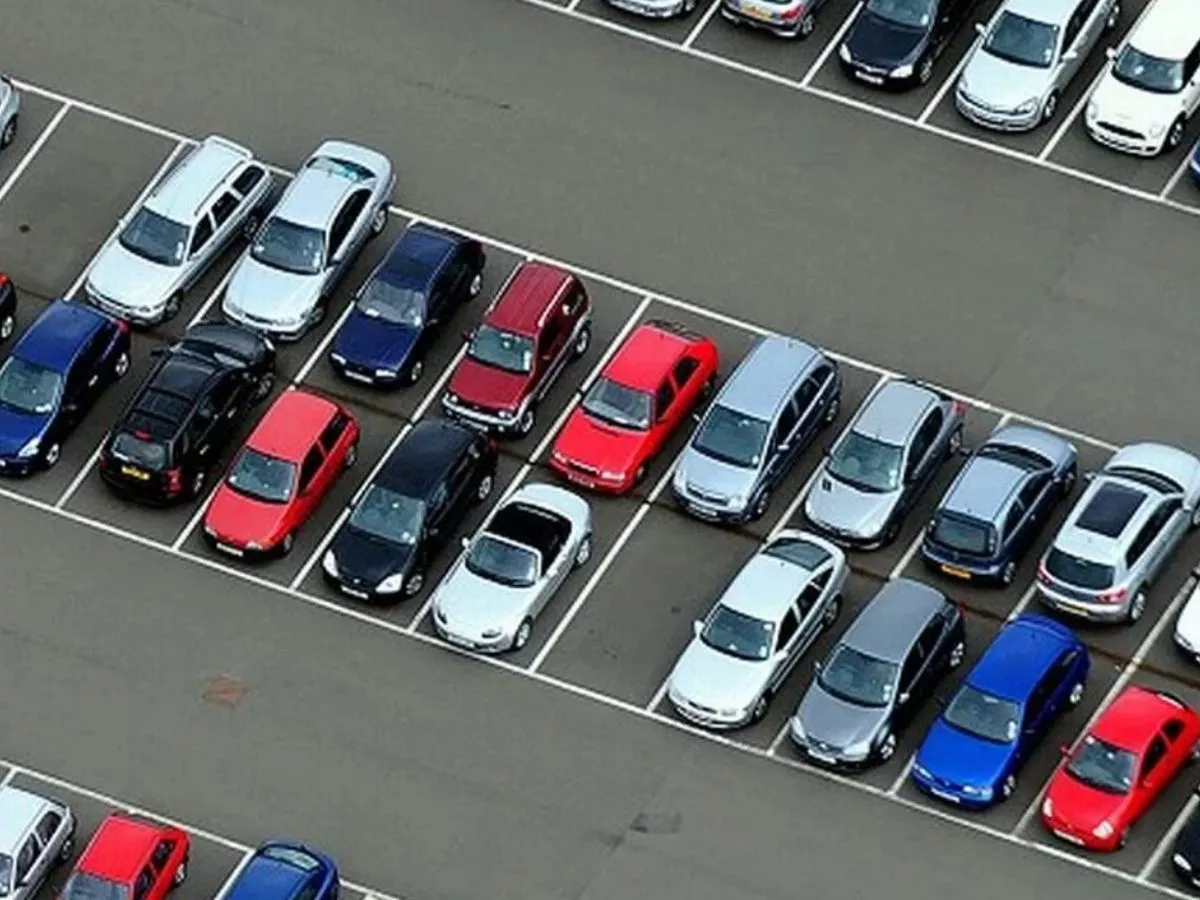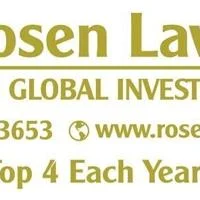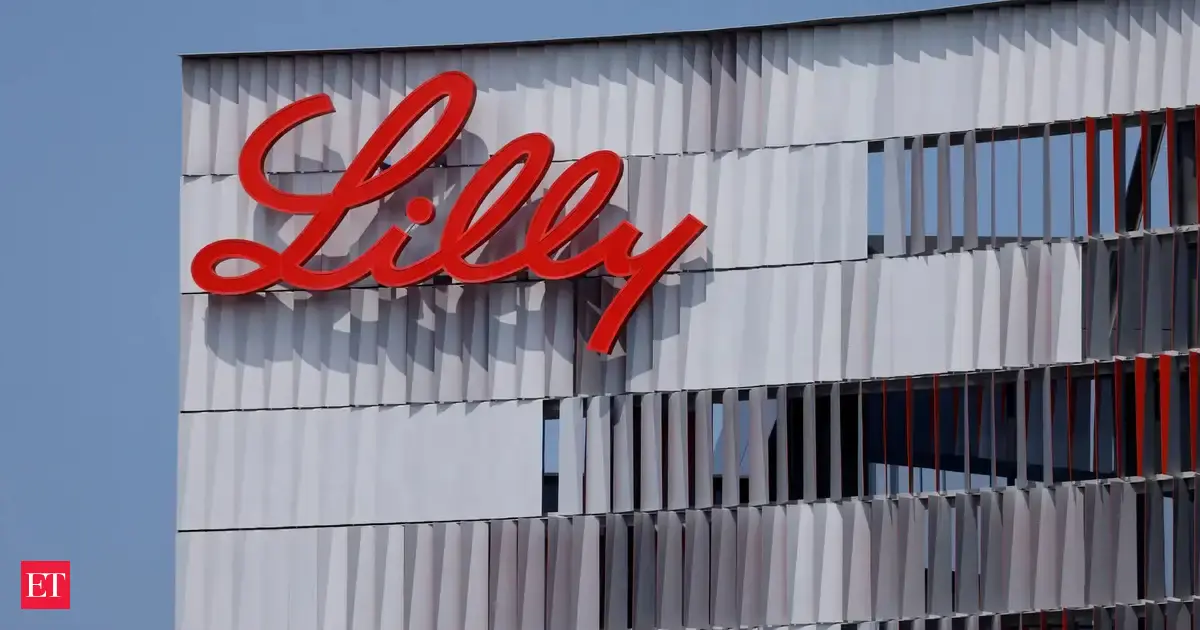By Francis
Copyright thebftonline

By Prof. Samuel Lartey
Observers often describe President Donald Trump’s style as “transactional” prioritising quid-pro-quo deals, immediate payoffs, and leverage over long-term alliance-building.
In diplomacy, that translates into a world where tariffs, bilateral bargains, and hard-nosed negotiations dominate and where countries with bargaining power thrive while others must sharpen their strategy or risk being squeezed.
Ghana cannot sit out this shift. Our economy is tethered to global demand for cocoa, gold, oil, and now critical minerals like lithium. Ghana host the AfCFTA Secretariat in Accra and we are mid-course in an IMF reform programme.
These interlocking facts make Ghana an ideal case to examine how transactional and commercial diplomacy can advance national interests, if deployed deliberately.
What do “transactional” and “commercial” diplomacy mean?
Transactional diplomacy emphasises reciprocal exchanges: I do X if you do Y, with an eye on immediate gains rather than broad, values-based coalitions. It is a deal-by-deal mindset.
Commercial diplomacy is the use of diplomatic tools to promote the country’s commercial interests, catalysing trade, FDI, market access, investment protection, and sector-specific opportunities for firms.
Together, they ask a simple question: What tangible economic value did this meeting, treaty, or visit deliver?
Ghana’s starting position in 2025: Levers and constraints
1) Ghana’s AfCFTA advantage
Accra hosts the AfCFTA Secretariat (commissioned on 17 August 2020). Guided Trade Initiative (GTI) pilots began in late 2022 with Ghana among the first movers, testing real shipments under AfCFTA rules and reduced tariffs. This is a diplomatic asset that can be monetized through logistics, standards leadership, and “first-call” status for continental deals.
2) Macro-stabilisation under IMF
Ghana is executing a 36-month IMF programme; the fourth review (July 7, 2025) unlocked US$367 million, with outstanding IMF credit of ~SDR 2.45 billion as of June 30, 2025. Inflation has fallen from 23.8% (Dec 2024) to 11.5% (Aug 2025), allowing the policy rate to be cut to 25% in July 2025. A more stable macro backdrop improves Ghana’s hand in hard-bargaining deals.
3) Trade exposure to big powers
The U.S.–Ghana goods trade reached about US$2.1 billion in 2024 (U.S. exports to Ghana: US$968 million; imports from Ghana: US$1.2 billion). Meanwhile, China is Ghana’s largest source of imports, supplying GH₵56.8 billion in 2024, more than any other partner. Any transactional turn in Washington or Beijing therefore directly affects our prices, supply chains, and jobs.
4) Commodity cycles—risk and opportunity
Global price spikes in 2024/25 enabled Ghana to lift the farm-gate price sharply for 2025/26, targeting ~70% of FOB value to farmers, an example of statecraft translating world prices into household income.
Small-scale output surged in 2024 while total national gold production rose, underscoring both dollar-earning strength and governance risks (mercury, land degradation).
The Ewoyaa project’s lease (issued Oct 2023) and ongoing parliamentary scrutiny exemplify high-stakes transactional bargaining over royalties, state equity, and local value-addition in critical minerals.
Implications for the Ghanaian State
1) Turning AfCFTA into bargaining power
In a transactional era, hosting the AfCFTA is leverage. Ghana can trade market access for investment in standards labs, cold-chain logistics, and digital customs. As GTI expands, Accra can anchor rules on certificates of origin, e-commerce protocols, and payment interoperability, choices that determine where value chains settle.
Policy play:
Tie diplomatic recognition and incentives (e.g., land for logistics parks, bonded warehousing) to firms that site regional distribution hubs in Ghana to serve AfCFTA markets. This transforms ceremonial hosting into lasting rents.
2) Debt, disinflation, and credibility as negotiating chips
Completing IMF reviews on time signals credibility to lenders and investors, lowering Ghana’s risk premium. That credibility can be exchanged for better terms in infrastructure-for-exports deals, blended-finance structures, and securitisations of future commodity receipts but only if governance is tight.
Policy play:
Make a “IMF-plus” country offer routine disclosure of state-owned enterprise risks, commodity-backed debt caps, and transparent EITI-style reporting for all resource deals to command better borrowing terms.
3) Navigating U.S.–China competition, pragmatically
U.S. ties bring AGOA access, DFC/USAID/Prosper Africa deal-making, and standards alignment; China delivers scale on infrastructure and manufactured imports. Ghana’s import dependence on China (GH₵56.8 bn in 2024) and meaningful U.S. trade (US$2.1 bn in 2024) argues against “choosing sides.” Instead: project-by-project selection that extracts tech transfer, local procurement, and export guarantees.
Policy play:
Establish a Strategic Project Screening Unit in the Presidency + MoTI to negotiate parallel term sheets from U.S., Chinese, EU, Gulf, and African financiers—then award on value-for-money, resilience, and spillovers (not just headline capex).
4) Critical minerals as a test of transactional acumen
The lithium lease shows how single-deal terms including royalties, state equity, local processing, timelines can move billions across decades. Parliament’s ratification pace and price cycles add uncertainty. Ghana should encode automatic “price-band” fiscal instruments (sliding royalties; windfall taxes) and binding local-processing milestones with step-in rights if missed.
Implications for Ghanaian Businesses
1) Market access and risk hedging
United States: With two-way goods trade of ~US$2.1 bn (2024), firms exporting prepared foods, apparel, aluminum, or specialty horticulture should keep AGOA and U.S. standards front-of-mind while exploring DFC/EXIM-backed working capital.
China & Asia:
Given China’s dominance in Ghana’s import basket, importers should negotiate supplier-credit, currency hedges, and after-sales service clauses, using Ghana’s macro-improvement as negotiating leverage.
Early movers under GTI gained tariff reductions and paperwork “fast lanes.” Ghanaian manufacturers can target rules-of-origin-friendly products (packaged foods, light manufacturing, batteries/assemblies) and route through Accra as a continental hub.
2) Commodities and value addition
Cocoa: Elevated global prices plus higher farm-gate rates reshape input costs and margins across confectionery, exporters, and rural retail. Build origin-branding and invest in process upgrades (HACCP, traceability) to capture price premia.
With small-scale output surging, equipment suppliers, refiners, and recyclers have opportunities, but ESG compliance (mercury-free tech) is decisive for offtake.
Downstream plays, spodumene-to-hydroxide pilots, cathode precursor blending, battery-pack assembly should be negotiated into offtake contracts now, before capital is sunk.
3) Finance and costs of capital
A credible IMF track and disinflation (11.5% in Aug 2025) should, over time, lower borrowing costs. Firms should prepare investment-grade data rooms (audited statements, ESG metrics, customer concentration tables) to qualify for cheaper structured finance and export-credit coverage.
Implications for Households
1) Price stability and purchasing power
Disinflation from 23.8% (Dec 2024) to 11.5% (Aug 2025) is already easing real-income pressure. Commercial diplomacy that diversifies low-tariff food and fuel sources, and locks in fertiliser and medicine supply contracts, directly cushions household budgets.
2) Rural incomes through cocoa and gold
Cocoa: Higher producer prices in 2024/25–2025/26 inject cash into farm communities if smuggling and disease are controlled. Households gain when state-to-firm deals translate into predictable, rules-based farm-gate pricing.
Small-scale mining supports livelihoods but carries health and environmental risks. Diplomacy that brings in mercury-free technology (e.g., GoldKacha-type concentrators) via concessional finance protects both incomes and public health.
3) Jobs from AfCFTA positioning
If Ghana converts AfCFTA hosting into logistics, standards, and services hubs, households benefit via urban jobs (ports, warehousing, freight-forwarding, compliance services) and MSME market access across Africa.
How Ghana can “win” in a transactional era: A 10-point playbook
Deal Discipline:
Publish standard term sheets for PPPs and resource contracts (royalty ranges, local-content minima, step-in clauses).
Dual-Track Great-Power Strategy:
Solicit parallel offers from U.S., China, EU, Gulf, and African DFIs and award on net-benefit scoring.
AfCFTA Monetisation:
Fast-track a One-Stop AfCFTA Business Desk (certificates of origin, dispute advice, trade finance windows).
Critical Minerals Compact:
Embed sliding royalties and local-processing milestones in lithium/graphite/manganese deals; require community development agreements with auditable KPIs.
ESG as Market Access:
Scale mercury-free mining; certify cocoa traceability; use these credentials to unlock premium buyers.
Cost-of-Capital Offensive:
Leverage IMF progress to re-enter eurobond/DFI markets with sustainability-linked structures.
Standards, Not Subsidies:
Invest in labs and conformity assessment so Ghanaian products meet U.S./EU/continental standards at the factory gate.
SME Export Starter Packs:
Plug SMEs into AfCFTA GTI lanes (templates for contracts, INCOTERMS, and logistics).
Food & Pharma Security Deals:
Use commercial diplomacy to secure long-term fertiliser, grain, and essential-medicines contracts at ceiling prices during shocks.
Data & Transparency:
Quarterly dashboards on trade by partner (U.S., China, ECOWAS), AfCFTA utilisation, and resource-deal compliance, so negotiators have facts, not vibes.
A transactional world is not a threat if Ghana plays it as a discipline game: decide what we want from each negotiation (jobs, technology, market access, stability), measure it, and codify it in contracts. Commercial diplomacy then becomes the engine, moving Ghanaian goods, capital, and standards across borders under AfCFTA; balancing great-power competition project by project; and using macro credibility to lower the cost of capital.
For the State, that means converting hosting rights and IMF credibility into bargaining power. For businesses, it means hedging geopolitics while chasing concrete market openings in the U.S., China, and across Africa. For households, it means more stable prices, better rural incomes, and new jobs in logistics, processing, and services.
In short: negotiate hard, measure outcomes, and anchor every handshake to Ghanaian prosperity, from the cabinet table to the cocoa shed.



